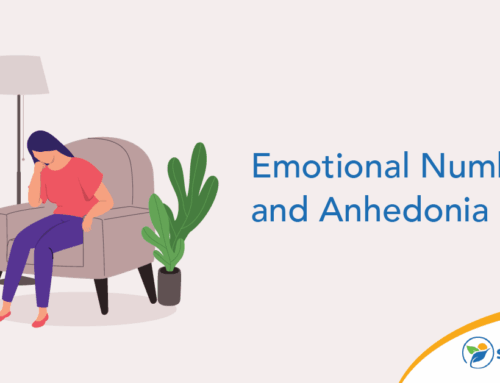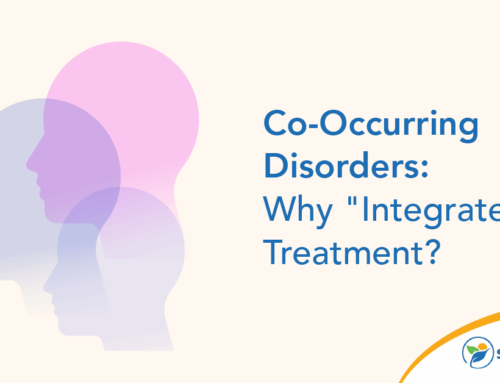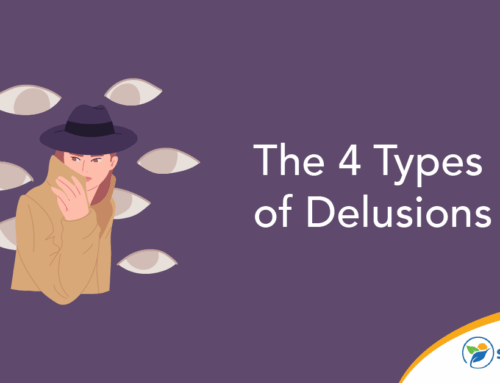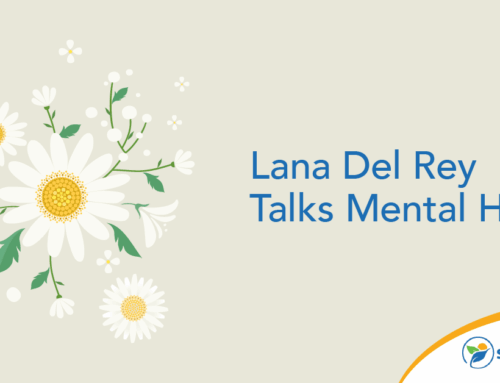If you grew up watching the Disney Channel, you might be familiar with Demi Lovato. After rising to fame with the hit 2008 Disney film, “Camp Rock,” the actor received her own television show and recorded several music albums. However, while this lifestyle may sound fun and glamorous, it also brings serious pressure. Behind the scenes of her Disney show, Lovato was experimenting with drugs to help cope.
In 2021, the award-winning singer and actor released a YouTube documentary series highlighting the more challenging aspects of her life. Titled “Demi Lovato: Dancing with the Devil,” the series explores Lovato’s history of addiction, answering questions like “When did Demi Lovato do drugs?” and “How did she recover from drug use?” In this article, we’ll examine Lovato’s experiences and how she’s working to destigmatize addiction.
When Did Demi Lovato Do Drugs?
While fame may have encouraged Demi Lovato’s drug abuse, her history with drugs begins before Hollywood. In the documentary, Lovato shared that her father had mental health issues, including bipolar disorder, and turned to alcohol and drugs to cope. His substance use encouraged abusive behavior, and he would often harm her mother. Unfortunately, Lovato’s experience is all too common.
In the United States, over 8 million children have at least one parent with substance use disorder (SUD). Studies show that this type of early exposure to drug use can negatively impact mental and emotional well-being. It can also increase the risk of developing an addiction.
This turned out to be the case for Lovato. She consumed alcohol in school and began experimenting with drugs by the time she was 17. Not only was she using illicit substances (such as cocaine, heroin and methamphetamine), but she was also mixing them. In 2012, Lovato recognized that she had an issue with drug use and checked into rehab. She remained sober until 2018, when things took a turn for the worse.
At age 25, Lovato made headlines for being rushed to the hospital after a drug overdose. It was later discovered that Lovato had taken heroin laced with fentanyl, an opioid drug that’s a major cause of overdoses in the United States. After being found unconscious by her assistant and taken to the hospital, Lovato suffered multiple strokes, heart attacks and organ failure. Fortunately, doctors were able to save her life, and the experience inspired her journey to recovery.
What Did Demi Lovato’s Recovery Involve?
Following her overdose, Lovato went to rehab to help overcome her addiction and ensure a similar incident never occurred again. In addition to checking into a sober living facility, she surrounded herself with friends and family members who encouraged her sobriety. Most importantly, she sought treatment to improve her mental health.
Since a young age, Lovato had experienced eating disorders that negatively affected her self-image. She was also diagnosed with bipolar disorder, a mental health condition characterized by severe mood swings. Her recovery involved working with professionals to treat and manage these conditions.
Ultimately, Demi Lovato’s rehab empowered her to obtain — and maintain — a sober lifestyle. While she still struggles with her mental health, she’s found healthier alternatives for coping. Now, she’s made it a mission to help others going through the same thing.
How Has Demi Lovato Advocated for Mental Health Awareness?
If you’ve ever felt ashamed or guilty about your own mental health struggles, you’re not alone. About 9 in 10 Americans believe there’s still a stigma surrounding mental health, which often prevents people from discussing it. By being open about her own experiences, Lovato hopes to reduce this stigma.
Lovato has been passionate about mental health awareness for a long time. At a 2016 concert, she shared: “Mental health is something that we all need to talk about, and we need to take the stigma away from it. So let’s raise the awareness. Let’s let everybody know it’s okay to have a mental illness and addiction problem.”
The actor and singer has also expressed these sentiments in her music. In 2021, she released a song about her addiction called “Dancing With the Devil.” The song explores her near-death overdose experience, saying, “Almost made it to heaven, it was closer than you know.” And, as mentioned above, she released a documentary with the same name.
In addition to being vocal about her drug use, Lovato has partnered with mental health organizations. For example, she teamed up with Talkspace, an online therapy company, to promote its new initiative, the Talkspace Access Project. The project’s purpose is to provide free therapy to underserved communities, especially BIPOC communities. She also helped launch a campaign called “Be Vocal: Speak Up for Mental Health,” which highlighted the negative impact of mental health stigmas.
“My father had schizophrenia and bipolar disorder as well, and I watched him live a very unfortunate life because of the lack of access to treatment,” she told People magazine. “I just think mental illness is something people need to learn more about and the stigma needs to be taken away from.”
Overall, Lovato has consistently raised mental health awareness and improved access to supportive resources. Not only has she served as a powerful voice for recovery, but she’s also demonstrated the importance of positive celebrity influence. When a public figure speaks out about mental health, it helps normalize the subject and reminds people that they’re not alone.
The Importance of Mental Health Awareness and Treatment
If there’s one thing Lovato’s open dialogue has proven, it’s that anyone — including a Grammy-nominated celebrity — can experience mental health issues. And the more we talk about it, the more we encourage people to seek help.
If you or a loved one is struggling with SUD, contact us at Sunlight Recovery. We provide medical professionals, therapy solutions and drug and alcohol experts who help guide people to recovery. With treatment, we believe anyone can overcome addiction and regain control of their life.







